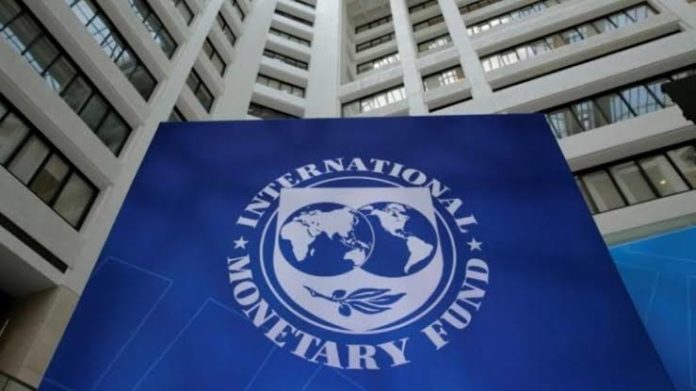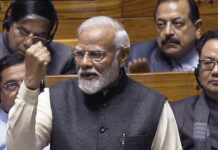
IMF, in April 2020, predicted India to grow at a rate of 7.3% but recently slashed India’s GDP growth by 1.2% and expect the country to grow at a rate of 6.1%. IMF projected in their latest Economic Outlook that they are expecting India to grow at a rate of 7% in year 2020.
The World Bank in its latest edition of the South Asia Economic Focus shared India’s growth rate is projected to fall to 6% in 2019 from 6.9% of 2018. The downward revision relative to the April 2019 WEO of 1.2 percentage points for 2019 and 0.5 percentage point for 2020 reflects a weaker-than-expected outlook for domestic demand, the IMF explained.
“Growth will be supported by the lagged effects of monetary policy easing, a reduction in corporate income tax rates, recent measures to address corporate and environmental regulatory uncertainty, and government programs to support rural consumption, the IMF said.
China’s GDP grew at 6.6% in 2018 but in 2019, it is projected to grow at 6.1% and 5.8% in 2020, it said.
“India’s economy decelerated further in the second quarter, held back by sector-specific weaknesses in the automobile sector and real estate as well as lingering uncertainty about the health of nonbank financial companies,” said the World Economic Outlook releases by IMF.
In order to stem this percentage decrease in India’s GDP, IMF suggested that monetary policy and broad-based structural reforms should be used to address cyclical weakness and strengthen confidence. A credible fiscal consolidation path is the need of hour for India’s elevated public debt over the medium term.
Along with these reforms, other steps needs to be taken to back them up and these steps include subsidy-spending rationalisation and tax-base enhancing measures. Governance of public sector banks and the efficiency of their credit allocation needs strengthening, and the public sector’s role in the financial system needs to be reduced, it said.












